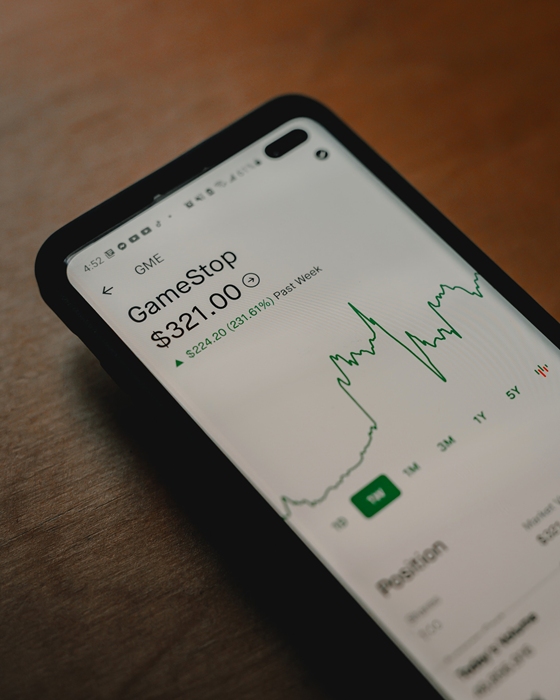
Retail investors shocked Wall Street last month when they forced artificial spikes in the prices of several stocks prominently shorted by hedge funds in attempted “short squeeze” plays. GameStop (GME) was at the forefront of the movement, up over 2000% at one point in January before its eventual decline. The retail investors self-organized on social media, notably on the Reddit page r/wallstreetbets, where there is a strong anti-Wall Street sentiment.
The frenzy surrounding GME reached a high on January 27 when the mobile trading app Robinhood, as well as other trading platforms, temporarily blocked customers from buying stock in GME as the price was surging, but allowed users to sell their positions. The move sparked outrage from many at a time when the GME saga was attracting international attention. Many have claimed that Robinhood was complicit in market manipulation. In an interview on January 28, Robinhood’s CEO Vlad Tenev responded to the outrage by stating “Our decision to temporarily restrict customers from buying certain securities had nothing to do with a market maker or a market participant or anyone like that putting pressure on us or asking us to do that. It was entirely about market dynamics and clearing house deposit requirements as per regulations.”
Robinhood’s decision to block trading in GME incited more than just outrage. As reported by Yahoo Finance, at least 33 federal lawsuits have been filed against Robinhood across the country. Most of the lawsuits seek class action status and allege violations of securities laws or consumer protection statutes. American securities law experts interviewed by Yahoo Finance expressed widely divergent views about the viability of the lawsuits.
The U.S. Securities and Exchange Commission released a statement on January 29 in which they assured market participants that “the Commission will closely review actions taken by regulated entities that may disadvantage investors or otherwise unduly inhibit their ability to trade certain securities.”
As this story continues to unfold for Robinhood, and the market generally, it is certainly one to watch in 2021.
Author: Jay Piett
Image by https://unsplash.com/@claybanks
Authors
Expertise
Insights
-
Technology
FlexPro Gets a Grip on Baseball Pitchers’ Injuries
Ulnar collateral ligament (“UCL”) injuries – tears of damages to the inner elbow ligament - have been a challenge for baseball pitchers of all skill levels since the sport’s inception. Baseball fans… -
Technology
Securing Canada’s Digital Future
As digital threats become increasingly sophisticated, protecting Canada’s defence supply chains has never been more important. To address this challenge, the Government of Canada introduced the… -
Technology
Canadian Legal Tech Company, Clio, Acquires UK-based ShareDo
In a strategic move to expand its services to large law firms, BC-based legal technology company Clio has acquired UK-based ShareDo. Founded in 2011, ShareDo is a provider of adaptive work management… -
Technology
The 2025 TSX Venture 50 List
The 2025 TSX Venture 50 list has been released, showcasing the top 50 best-performing companies on the TSX Venture Exchange (“TSXV”) over the past year. This year’s list was compiled based on a new… -
Litigation and Dispute Resolution
Court Declines to Rule Out Duty of Care Owed by Social Media Platforms to School Boards
In Toronto District School Board v. Meta Platforms Inc. et al. (2025 ONSC 1499), Ontario Superior Court Justice Leiper dismissed a motion to strike a lawsuit commenced by the Toronto District School… -
Technology
Startup Jump Offers Freelancers Full-Time Contracts with Employee-Like Perks
Jump, a French startup, provides freelancers with full-time contracts, giving them the stability of traditional employment while maintaining their independence. Freelancers can manage billing through…

